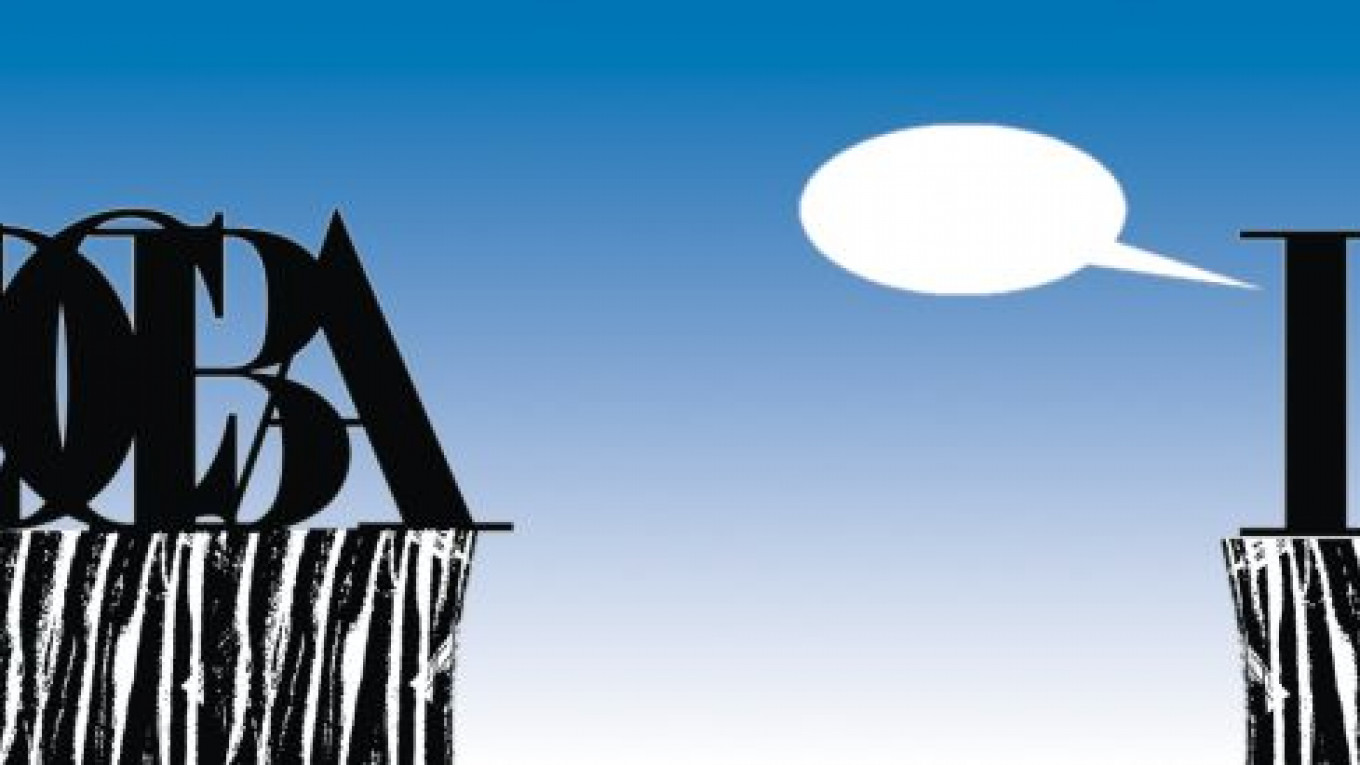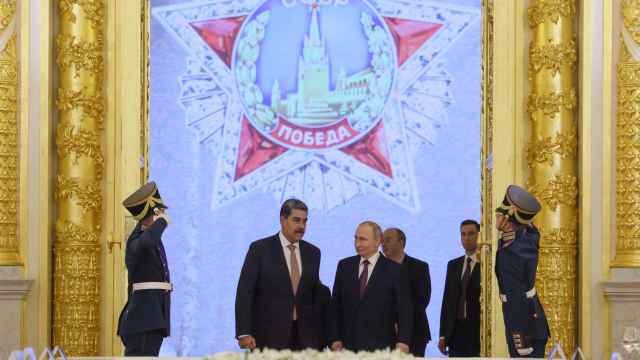Once upon a time, there was a big city. It had been rattled by history, bombed, rebuilt, divided and reunited. The result: low prices and lots of free space. Lots.
First, the inhabitants of the Western island mixed with those who were living in the Eastern part. Together, they ventured forward, carefully at first and then more and more daringly. They took action without a big body of regulations and detached from classic market laws. What was done was done because the creatives wanted to do it, could do it, and sometimes also because they weren't allowed to do it. Everything seemed possible. Their approaches weren't all successful, but who would have wanted to determine beforehand what could be successful?
It was a time of experimentation. Ideas needed time and space. Everyone agreed on this.
The city sent its message out into the world. In this city you will be in good hands. You can build something here. Rent? Forget it. The most important thing here is freedom. And they came, came from all over the world, leaving behind many other big cities. Designers, artists, musicians, club organizers and all the other creatives. They planned, took action, and started projects together. Often, a good feeling was the only reward. The international press joined the many voices of praise and declared the city to be the international centre of the creatives: poor and sexy. Which was definitely true with regard to the creatives.
Next came the established ones. For a weekend trip first, and then in search of offices. No problem in view of these cheap rents. They stumbled through the city and absorbed everything. Ideas, feelings. Trend tourism. Some didn't have a place to stay and just partied all night long.
Politicians, too, recognized the city's creative potential. Both out of conviction and out of a lack of alternatives. Clustering, evaluating, facilitating, sponsoring. There was a lot of sponsoring. In the big city, opinions often differed on where the money should go. But things were happening.
The studies that were commissioned showed that in the future, culture and the creative industries would become the city's decisive motor of growth. Everyone really liked the creatives a lot. This is how they received money to realize their ideas. Increasing revenues also helped some creatives to get a grip on the rising expenses.
And so it went, year after year. Comparisons were made with other major cities. Processes became more professional. Networks were founded. And the glimmer of light at the horizon always remained in sight. Everyone always tried to do their best.
But then it happened. At first, no one had noticed. Very quietly it had crept up on them. The feeling turned into a hunch and finally into certainty. The clubs were the first ones to show. Curfew. Club owners' lives became harder, even though the big city always used nightlife to portray itself as cosmopolitan.
Many properties that had been at the centre of creativity just an instant ago changed hands and were redeveloped, often without any sensitivity. Many bars and boutiques had to make way for chain stores. Smaller project spaces and stages could no longer pay the rising rents. Affordable spaces for innovation became scarce, and the alternatives that were available weren't any good. Temporary use wasn't a solution, too uncertain.
The building industry boomed. But what happened to diversity? What had been important for this city so far disappeared. Chaos, creative action, impulsiveness. What had been an edgy basis for the city lost its edge and was polished more and more. The creatives became insecure. Was their work done? For the time being, they moved from one part of the city to the next, rediscovering it, moving in, bringing it to life. But as soon as new life began in one place, the process started again somewhere else. It was like a game of cat and mouse.
Finally, the creatives felt like they were backed into a corner. They came up with a plan: withdrawal. For one long weekend, they wanted to stop their work, their endeavors, their projects. All at once.
On a Friday in May, the day had come. Clubs were closed, concerts were cancelled, design and fashion showrooms went on a break. There were no exhibitions. Everyone who had developed something with lots of initiative went on vacation. Even some theaters closed their doors.
And there it was, the big city. Completely without a creative or cultural program. Total standstill. Many a city dweller said with a sigh, "Finally some quiet!" And the creatives had a little bit of time now. So they went on tour. Curiously.
They circled the city in bigger and bigger circles, passing other places and crossing borders. Suddenly, another big city lay in front of them. This city reminded them of the big city they had left behind. Dirty and full of charm. Harsh and inviting at the same time.
Unfortunately, I have forgotten the name of this new city. Detroit? Budapest? Moscow? I only know that in this new city, the creatives once again started discovering, invigorating and enhancing. Like a creative renovation team. Once upon a time, there was a big city.
Robert Eysoldt is director and member of the board of Create Berlin. Among his many activities, he also is involved in the project ArtKvartal in Moscow.
A Message from The Moscow Times:
Dear readers,
We are facing unprecedented challenges. Russia's Prosecutor General's Office has designated The Moscow Times as an "undesirable" organization, criminalizing our work and putting our staff at risk of prosecution. This follows our earlier unjust labeling as a "foreign agent."
These actions are direct attempts to silence independent journalism in Russia. The authorities claim our work "discredits the decisions of the Russian leadership." We see things differently: we strive to provide accurate, unbiased reporting on Russia.
We, the journalists of The Moscow Times, refuse to be silenced. But to continue our work, we need your help.
Your support, no matter how small, makes a world of difference. If you can, please support us monthly starting from just $2. It's quick to set up, and every contribution makes a significant impact.
By supporting The Moscow Times, you're defending open, independent journalism in the face of repression. Thank you for standing with us.
Remind me later.






